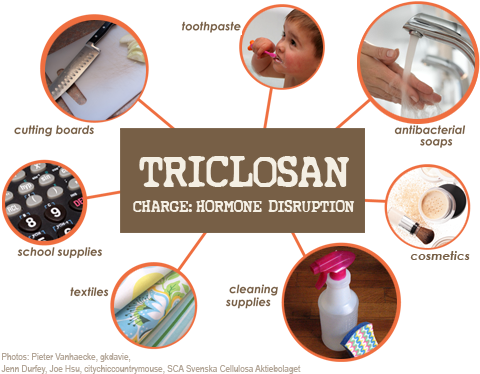Honey and Infants: Expert Warns on Potential Risks and Safety

Parents who feed honey to a child under one year of age should stop it immediately because it can put the child at risk of many diseases.
Honey naturally contains a bacteria called Clostridium and it can cause botulism in children under one year of age, which is called infant botulism. In this disease, the child may experience symptoms such as tissue fatigue, problems in drinking milk, weakness in crying, difficulty in movement and constipation.
The CDC and the American Academy of Pediatrics recommend that honey not be given to babies younger than one year of age, since honey is a potential and avoidable source of C. botulinum spores. Babies under 12 months of age have not yet developed a strong enough immune system to prevent the spores from releasing the neurotoxin within their gastrointestinal tract.
Infant botulism is considered its own subset of botulism. The Mayo Clinic explains that symptoms tend to begin 18-36 hours after the toxin has entered the baby’s body. Some of these symptoms include:
What is Botulism?
Botulism is caused by bacterial botulinum. This germ goes into our body through various food items and produces a protein called botulinum toxin, which causes this disease to occur.
In this disease, children’s growing muscles become weak, as a result, their body becomes severely weak and at the same time they fail to control various parts of their body, especially the head, and their head starts to bend.
This toxic substance sticks to the growing nerves of infants and stops their growth, as a result of which their nerves and muscles start to weaken and sometimes, they become paralyzed.
How is rescue possible?
Experts say that it is a common bacterium that is present in various things, but fortunately it does not survive in oxygen, which is present in large quantities in our atmosphere. That is why the rate of disease caused by this bacterium is very low.
If this disease arises in adults, which is very unlikely, then their immune system can easily fight it, but infants cannot cope with it and it easily makes them its victim.
According to experts, honey is the most important source of this disease. When bees collect juice from flowers, this bacterium is also present in large quantities, but after going through various factors, a very small number of them remain in honey, but it is definitely enough that they can harm young children.
This bacterium becomes active in children’s bodies while digesting honey and shows its work.
This protein is also used in cosmetics products, especially it is an important component of wrinkle removal products.
Parents are advised not to give their child any other processed diet containing honey or honey until after his first birthday. This can prevent botulism in infants.
Although corn starch syrup may also contain botulism-causing bacteria, no link has been proven. However, before giving this syrup to a child, make sure to consult your doctor once.




